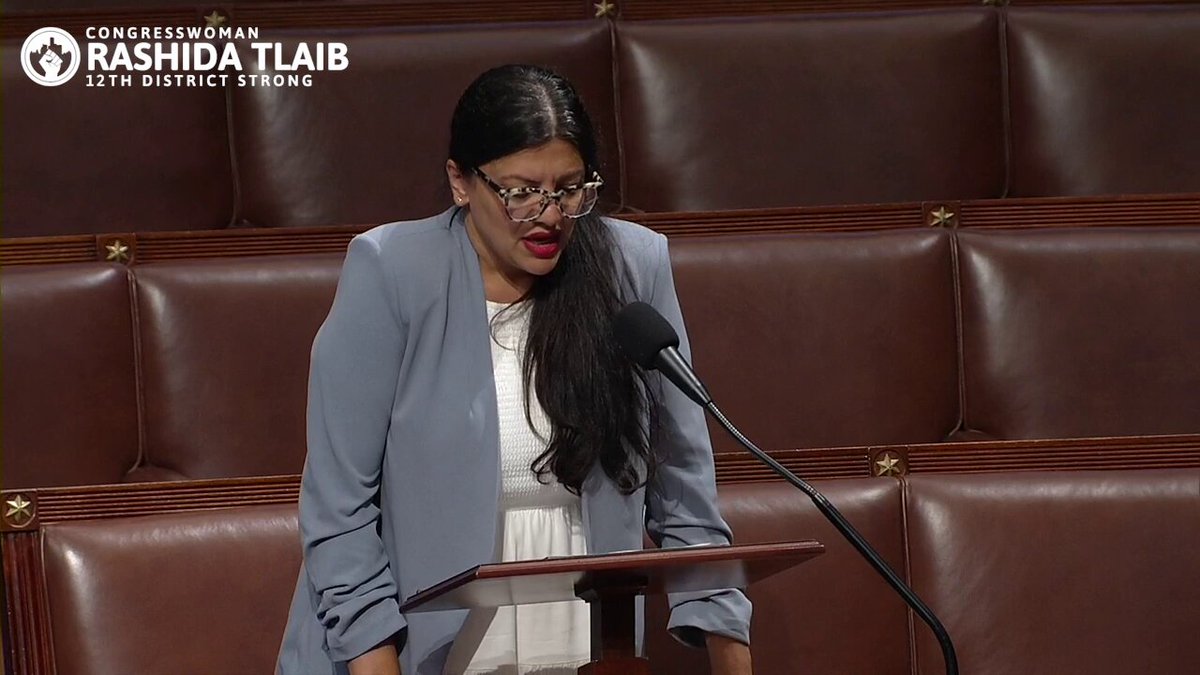Reposted by Dr. Jill Stein🌻
Congresswoman Rashida Tlaib
@RepRashida
·
590d
The statement 'Why are you still with them? Be with us' in response to Rep. Rashida Tlaib's tweet about legislation prohibiting U.S. officials from citing the Palestinian death toll constitutes public discourse. The statement engages with a public issue, specifically the debate over the recognition of Palestinian casualties and the broader implications of such legislation.
- The statement does not directly cause harm but could be seen as divisive, urging people to choose sides.Principle 1:I will strive to do no harm with my words and actions.
- The statement does not engage in cyberbullying, harassment, or hate speech, but it does imply a strong division.Principle 2:I will respect the privacy and dignity of others and will not engage in cyberbullying, harassment, or hate speech.
- The statement does not promote understanding, empathy, or compassion; it is more about rallying support for a side. [-1]Principle 3:I will use my words and actions to promote understanding, empathy, and compassion.
- The statement does not engage in constructive criticism or dialogue; it is more of a call to action without addressing the opposing viewpoint. [-1]Principle 4:I will engage in constructive criticism and dialogue with those in disagreement and will not engage in personal attacks or ad hominem arguments.
- The statement uses influence to rally support, but it is unclear if it is for the betterment of society as it does not provide a constructive path forward.Principle 6:I will use my influence for the betterment of society.
- The statement upholds free speech but does not use the platform to foster responsible dialogue.Principle 7:I will uphold the principles of free speech and use my platform responsibly and with integrity.
